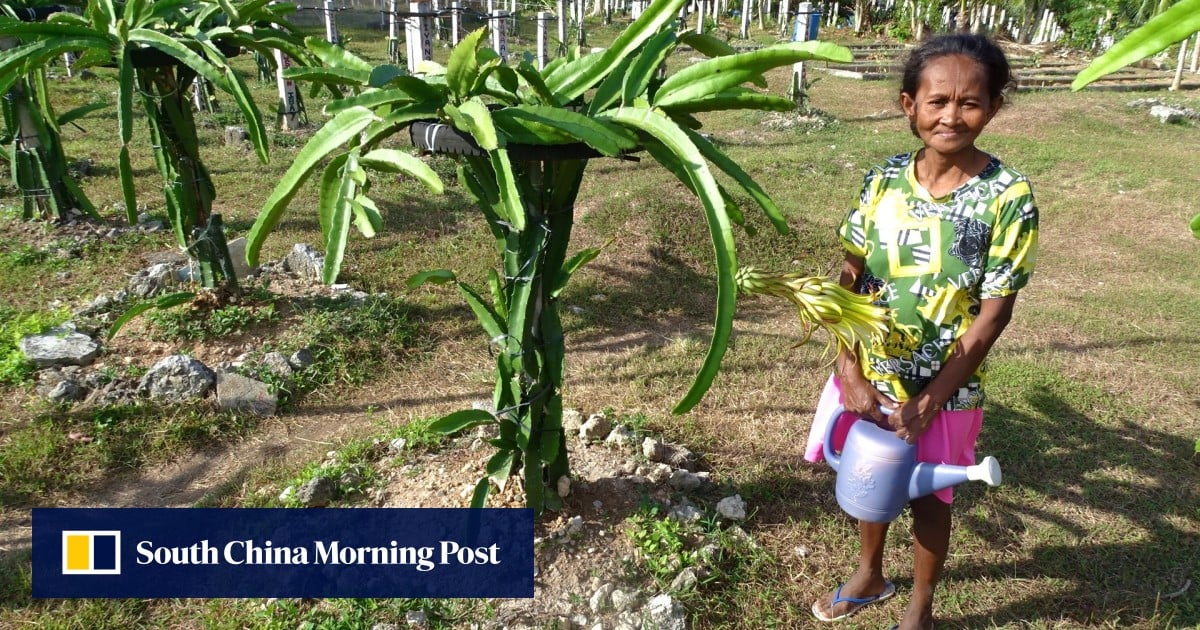At a ceremony to award the certificates to the Boracay Ati Tribal Organisation, Duterte urged the community to “go till the land for the benefit of your children [and] make it self-productive. And someday, sell it. At least your children and grandchildren will be millionaires”. He also directed the Department of Agrarian Reform (DAR) to train the beneficiaries to properly utilise the land.
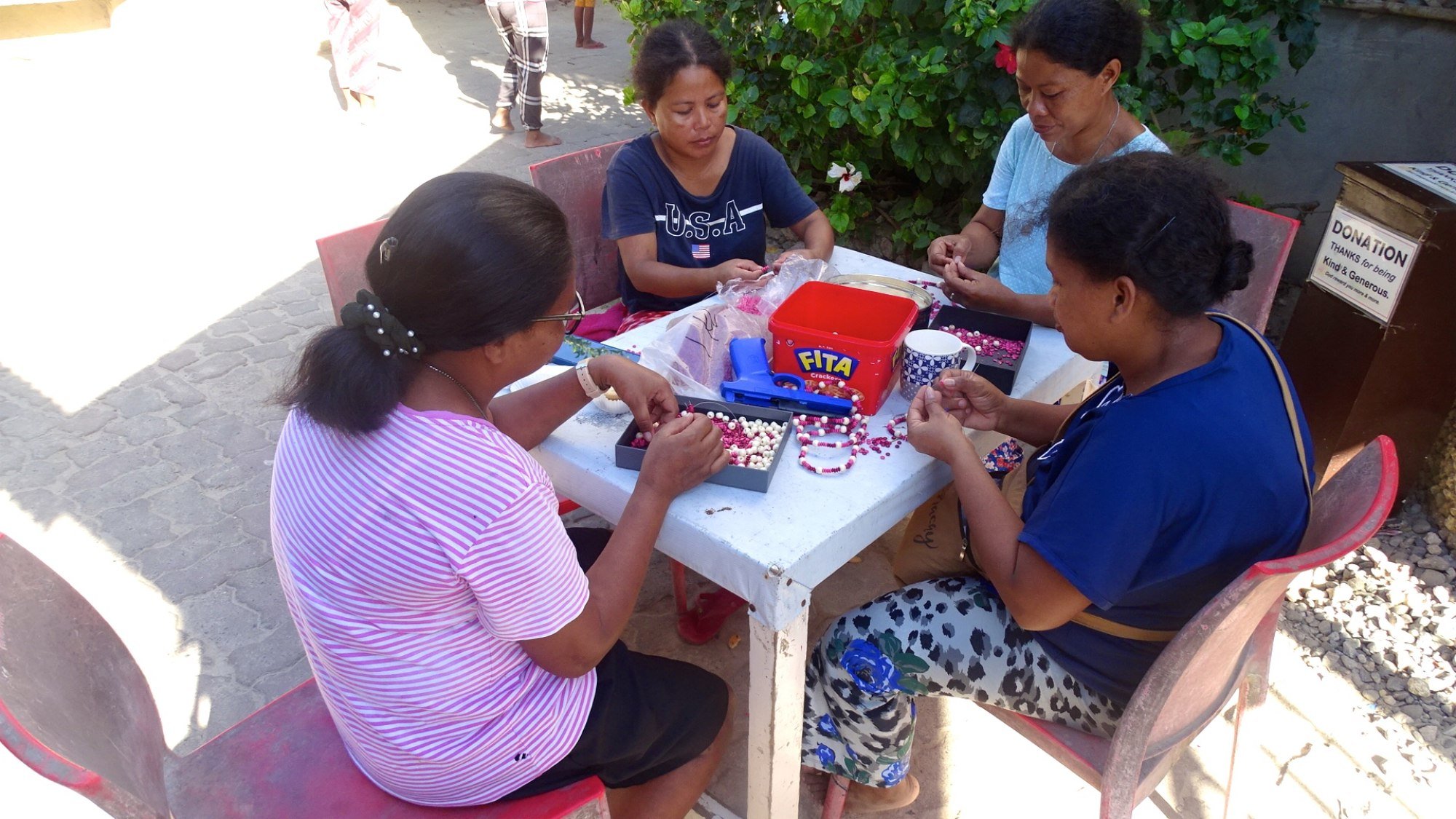
But six of Boracay’s hotel owners, who are among the richest land developers in the Philippines, do not want that to happen. They have filed claims to the Ati’s CLOA land in court on the basis that it is private land and, ironically, DAR seems to be on the developers’ side.
“We have exhaustively discussed the pertinent rules, issuances, memorandum and jurisprudence to support the right of the Ati as land reform beneficiaries as identified by the president of the republic. What DAR has done on these cases is all wrong,” Daniel Dinopol, a local lawyer representing the Ati community, told This Week in Asia.
“Big businesspeople close to Malacanang [the presidential palace] want to claim the land so they can build resorts or a hotel in the area, because the cost of land per square metre at present is between 120 million and 200 million pesos (US$2.2 million-US$3.5 million).”
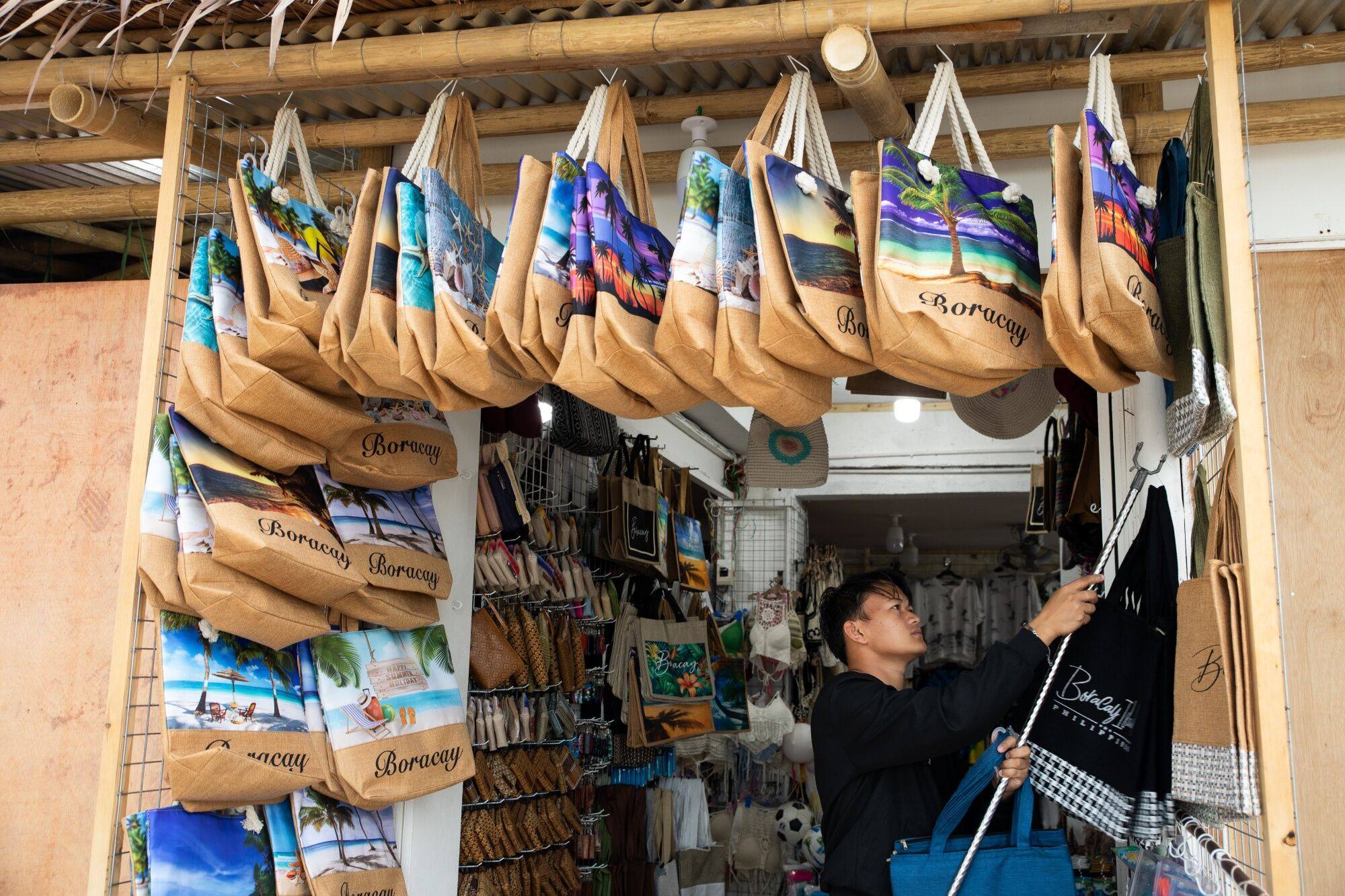
The battle between the rich land developers and the impoverished Ati people goes back to 2011, when the government issued a Certificate of Ancestral Domain Title to 2.1 hectares of beachfront property on the island. The Ati people have established a community for themselves here with permanent housing, a church, a school and a tribal museum. There are 265 people, comprising 55 families, living on this land.
While the Certificate of Ancestral Domain Title is not being challenged, the CLOA land allocations have only served to increase tensions between the Ati and developers.
On February 22, 2013, on his way home from a meeting, young Ati leader and spokesman Dexter Condez was shot dead. Condez was among the most vocal in the Ati’s fight for their ancestral land. The main suspect, who was not punished, was a security guard at one of the claimants’ hotels.
The community remains undeterred by Condez’s murder and has taken the fight with the powerful business families to the courts, with Dinopol representing them on a pro bono basis. They must also fight two government agencies that are supposed to help communities like theirs.
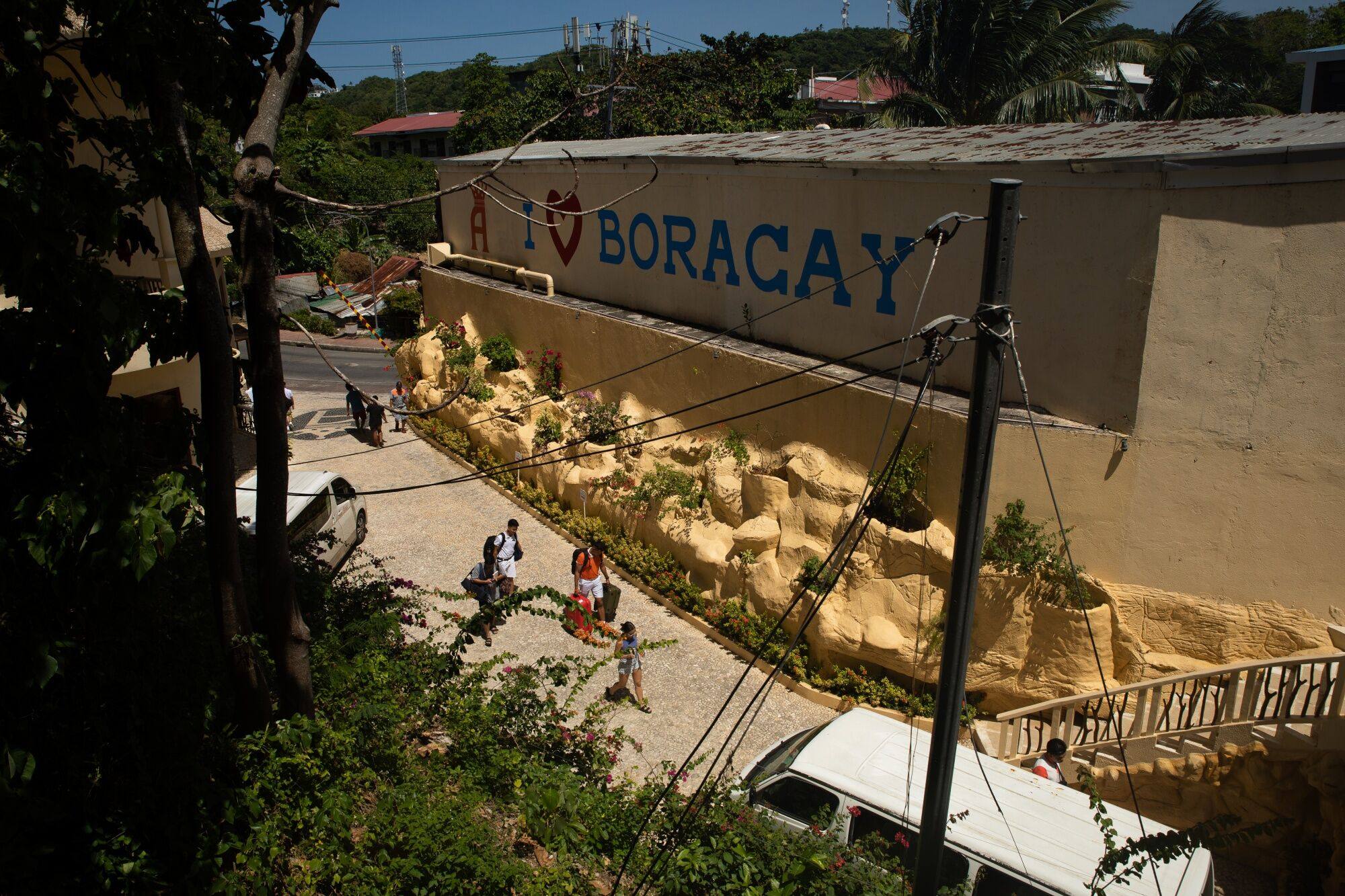
In four resolutions issued since March last year, DAR has supported the protest petitions of property developers over the 3.2 hectares of land granted under CLOA. DAR directed the developers to file for cancellation of the CLOAs, which, if approved, would allow the developers to acquire the land for tourism purposes.
DAR based its resolution on a certification from the Bureau of Soils and Water Management submitted by the petitioners concluding that the CLOA areas were “no longer viable for agricultural production”, supposedly based on soil tests done on Ati land.
The bureau said the lands were instead “highly recommended for Eco-Tourism Zones and or Medium Density Tourist Commercial Zones”.
Dinopol said they questioned the certificate because the bureau’s mandate was to work with DAR to determine the soil composition so that they could advise the farmer-beneficiaries the types of crops suited for the land.
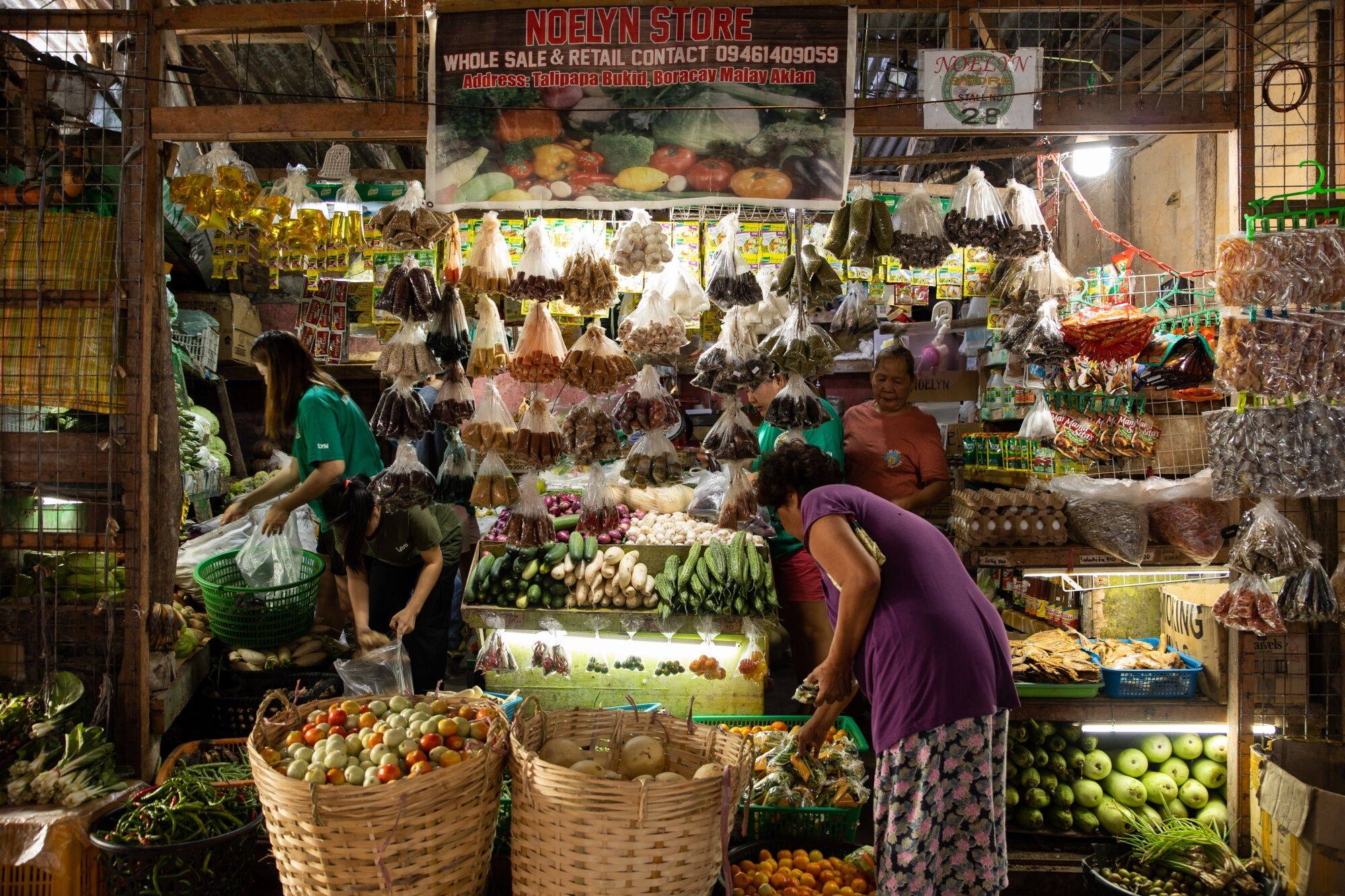
On March 27, DAR dealt a blow to the Ati community by issuing a press release saying it had cancelled all four CLOA titles, based on soil tests that the land was not suitable for agriculture. DAR added that the displaced Ati villagers would be allocated alternative government land for farming.
Dinopol said the villagers had not been given any details on where the new land was supposed to be. “If the DAR has the power to allocate lands to the Ati, why cancel the CLOA and give another piece of land somewhere in lieu of the one already being used? This is ridiculous logic,” he said, adding the Ati had no intention of leaving their land.
The Boracay Ati Tribal Organisation says it has reached out to the Philippines’ Commission on Human Rights, asserting that the impending eviction violates the Ati’s human rights.
House Deputy Minority leader France Castro has also called for a congressional investigation into the issue, saying the “developers [are] being favoured by DAR instead of the indigenous people who naturally grew up in the area”.
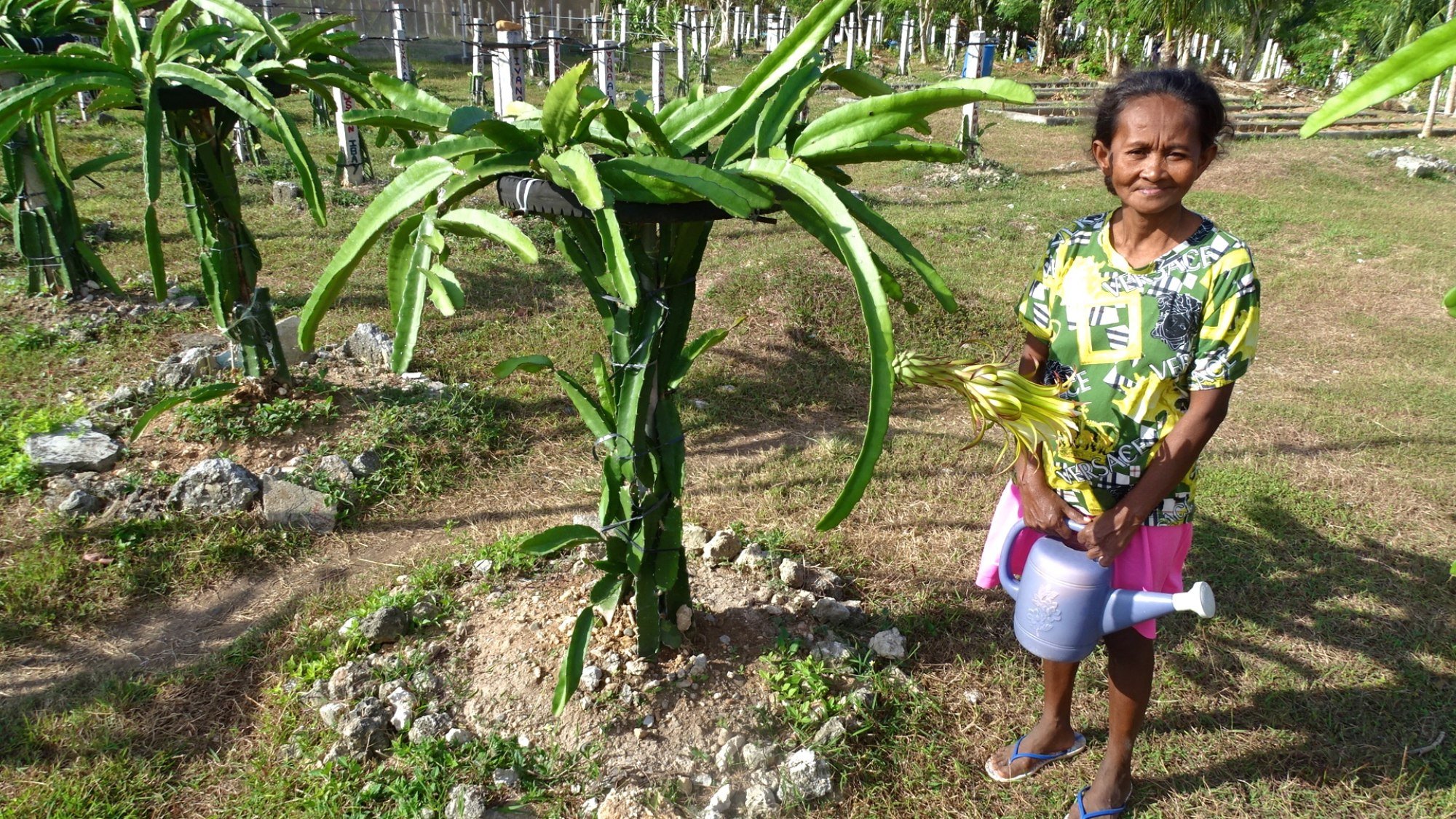
For now, the Ati are continuing with daily life and going about their business.
This Week in Asia recently visited one of the land parcels allocated to the Ati where a dragon fruit farm – owned by community farming cluster leader Leonida Bartolome – with more than 400 plants is thriving. There are also banana, lemongrass, papaya and vegetable plots, as well as a small chicken farm. Seven families live there, and dragon fruits harvested every six months are sold to hotels and farm visitors.
Bartolome stressed the land’s importance to the Ati. “It is very important for the families here to have land to live [as a community, as] we were like nomads before,” she said, as she proudly showed off the farm that she said brought in good income.
“DAR did not come to the land to do a survey before making judgment this land is not suitable for farming,” Sister Elvie Oliamot, a Catholic nun serving the Ati community, told This Week in Asia.
“We are fighting because DAR [said] the land is not suitable for agriculture. We have worked hard to develop this as agricultural land. But now they want to take it back.”
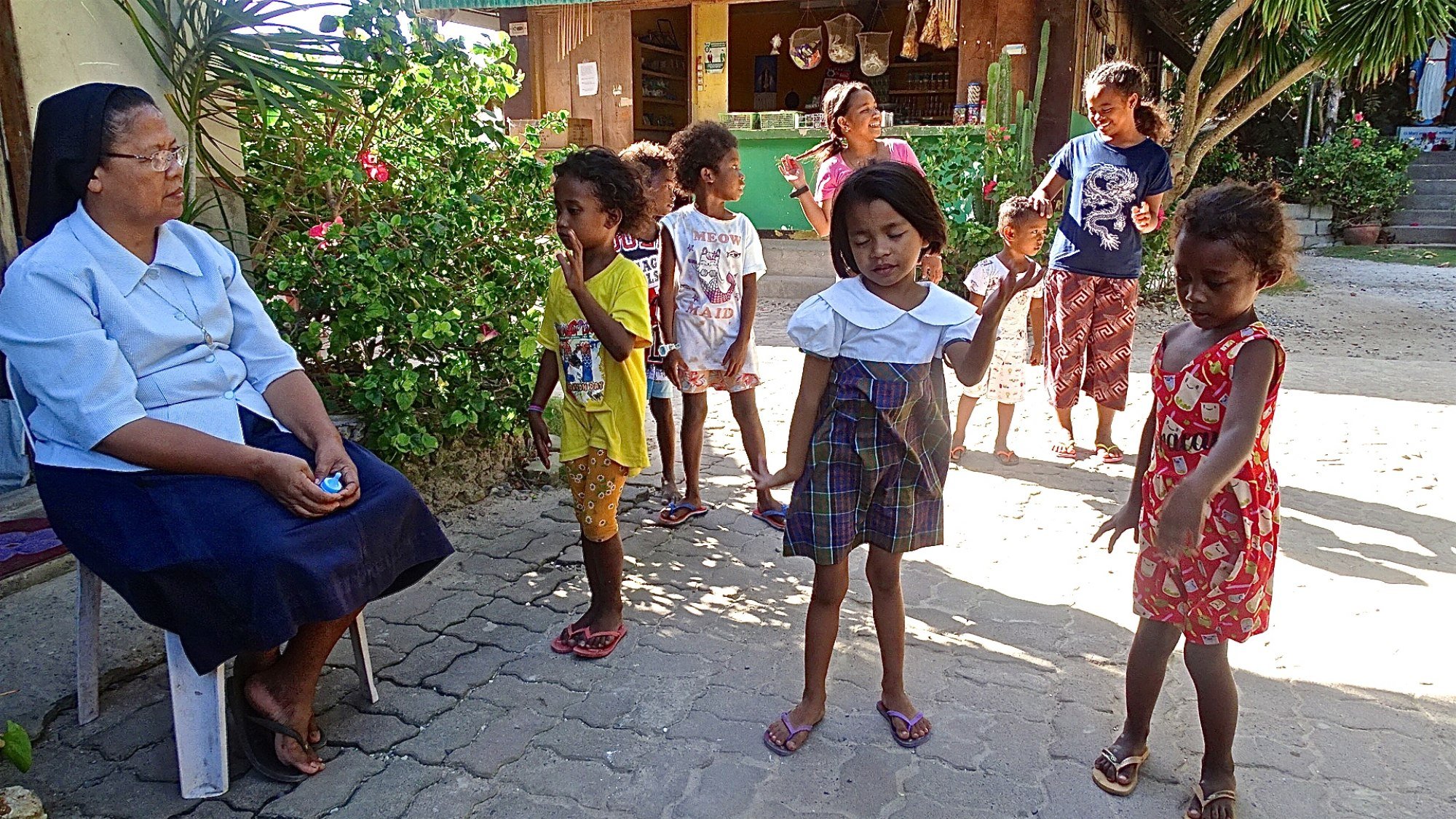
Ati tribal leader Delsa Justo told This Week in Asia that in 2019, before the pandemic, the community leaders met DAR several times, but only received in return a used transport vehicle, solar panels that never worked, and a greenhouse that was unusable.
“DAR wanted to lend us 7 million pesos to start farming the land as capital – but we didn’t agree to take a loan,” Justo said. “The property was like a dumping site and DAR helped to get the baranguay [local council] to come and clean it. After cleaning, they set about taking back the property.”
Community leaders say that instead of fighting to take their land, they hope authorities can better integrate the indigenous Ati culture into the local tourism industry. For example, the annual Ati-Atihan festival in January – showcasing the Ati tribe’s traditional dresses, drumming and dancing – regularly attracts tourists to Boracay.
This could help more people understand local culture and traditions, and correct the misconception that the Ati people were poor and uneducated, Justo said, adding that they were also bullied because of their skin colour.
Many among the Ati community have in fact received education and are now working in professions such as teachers, police officers and social workers.
Sister Elvie said it was greed that was driving the conflict in Boracay. “We pray to God, that DAR will not go with the money.”

